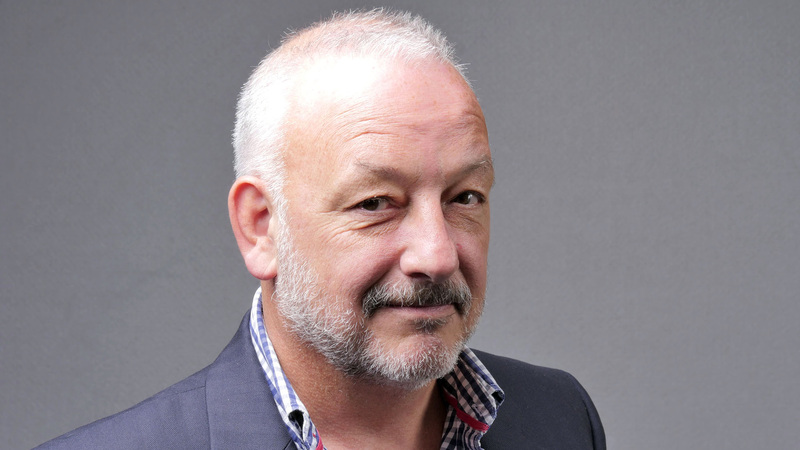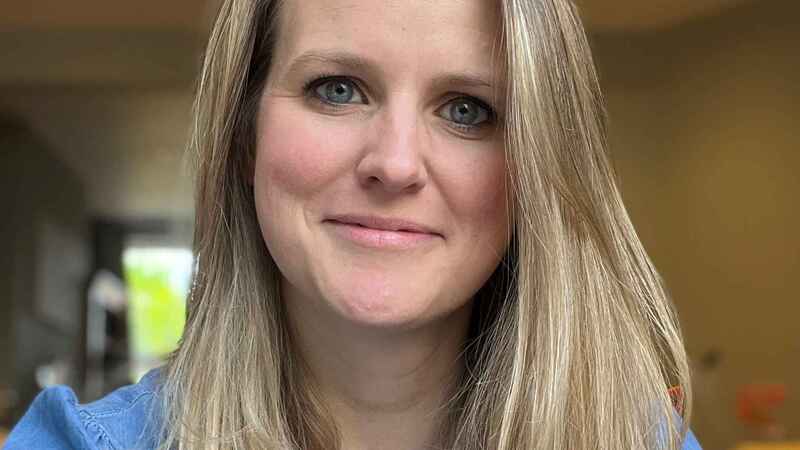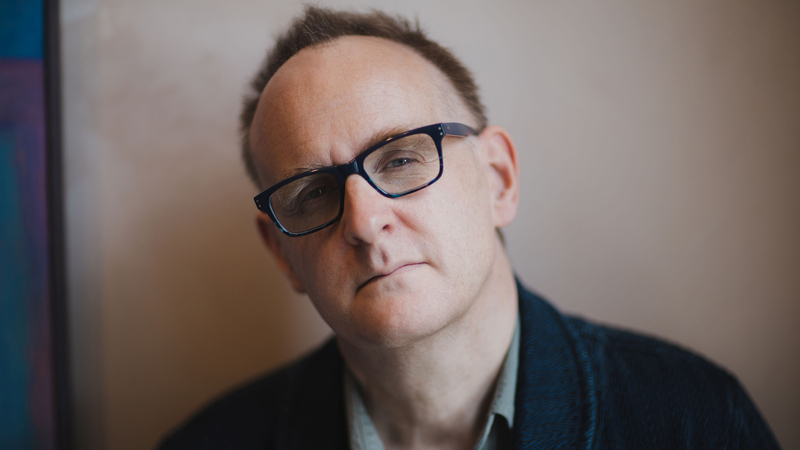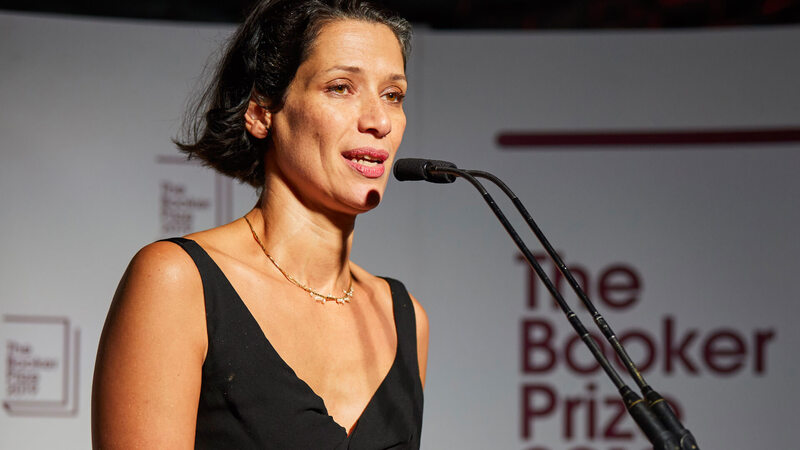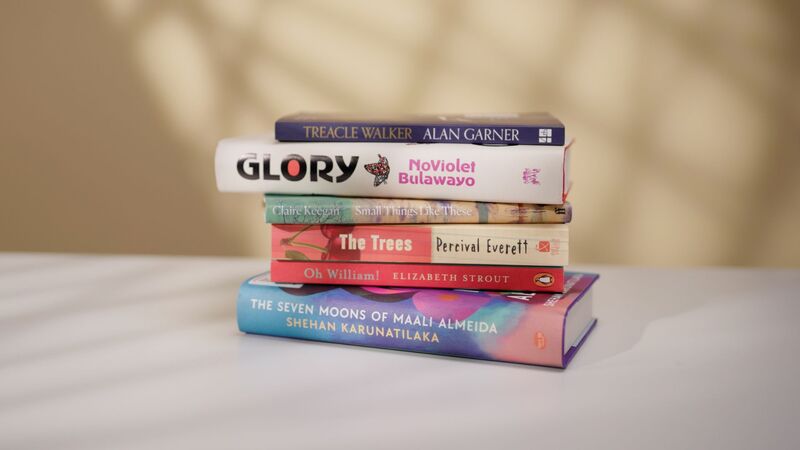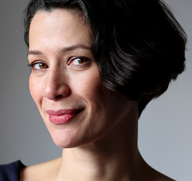You are viewing your 1 free article this month. Login to read more articles.
In tune
Booker Prize Foundation chief executive Gaby Wood’s eloquence reminded us of the importance of the Booker Prize and of her role within it.
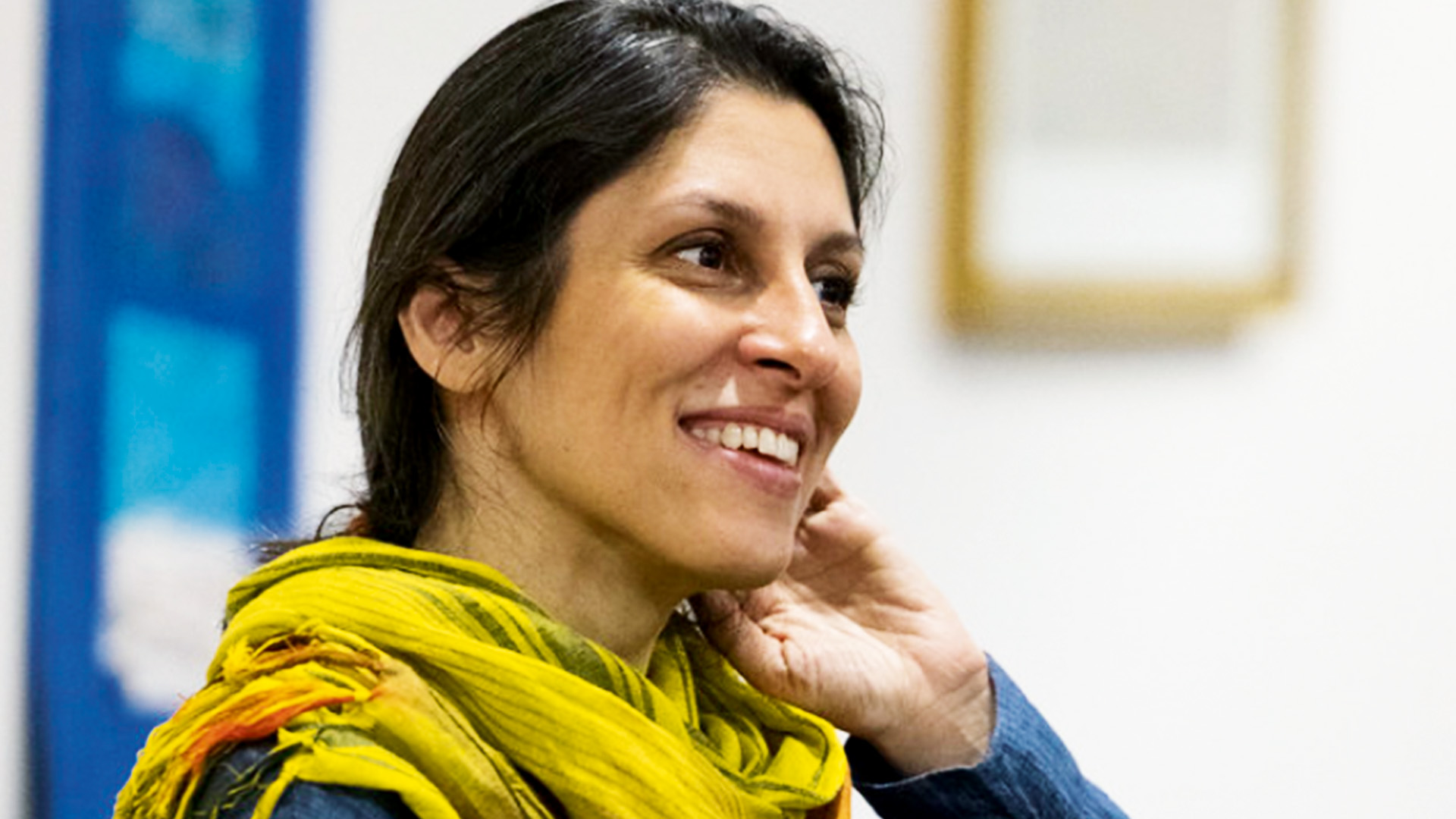
Last year the organisers of the Booker Prize tried too much too quickly. A new venue, a different style of presentation, and the use of celebrity to extend the prize’s reach. This time around, at a ceremony during which indie publisher Oneworld scooped its third win since 2015, the changes were incremental, two slight steps forwards, a couple of significant ones backwards.
The major tone-shift was around the ceremony. Poignant, and astutely staged, it delivered both emotionally and intellectually. The speech by Iranian-British Nazanin Zaghari-Ratcliffe, who was imprisoned in Iran until 2022, was a master-stroke. We should never tire of hearing about how important books are. As she said: “Books helped me to take refuge in the world of others when I was incapable of making one of my own.” She referenced The Handmaid’s Tale by Margaret Atwood, translated into Farsi. “There was a long waiting list of inmates wanting to read the book, as well as one of the guards.” Truly, fiction at its finest.
The move from the Roundhouse in Camden to Old Billingsgate was a good one. It is a big space, and not too posh. Personally, I prefer a grander room with a bit more of a relatable history, and less of a wedding vibe, but I may be old-fashioned in that respect. The invited audience was well curated, and a decent size for a Sunday on a cold rainy night in late November. A few wondered why they’d made the cut this time, and I suspect next year, when Booker Prize Foundation chief executive Gaby Wood assures us it will be earlier in November, it will be fuller, and in all senses of that word.
Wood’s eloquence reinforced the importance of the prize and of her role steering its present and future
Of equal impact on the mood was Wood’s opener. Her eloquence reinforced the importance of the prize and of her role steering its present and future. Gone are the fluffed lines from various Booker grandees, and the sponsor. Moved off stage too was Queen Camilla. Instead she hosted an event for the shortlisted writers on the eve of the prize. “Front Row” presenter Samira Ahmed was a deft presence, while the livestream compèred by influencer and author Jack Edwards reminds us what other broadcasters have left behind. Last year it felt like Booker wanted to bring the outside audience in at the expense of those in the room; this time around it had understood that both could experience the show differently.
The night was obviously a triumph for Oneworld, which scooped its third win since 2015. Oneworld picked up Paul Lynch from Quercus for his fourth book, with Prophet Song his fifth. We talk a lot about bravery in this business, but it is the commitment of the husband and wife team of Juliet Mabey and Novin Doostdar to publish beyond the mainstream that is most to be admired. That their tastes align with those of Booker judges may be considered fortunate, that they play this game better than the bigger publishers is the real skill.
For Lynch, who clearly lives every word he writes, it is important that he looks beyond some of the waspish headlines generated by his win, and relax into the victory as his predecessor Shehan Karunatilaka clearly did. This is his moment. A chance to sing.
As it was too for the Booker Prize.














